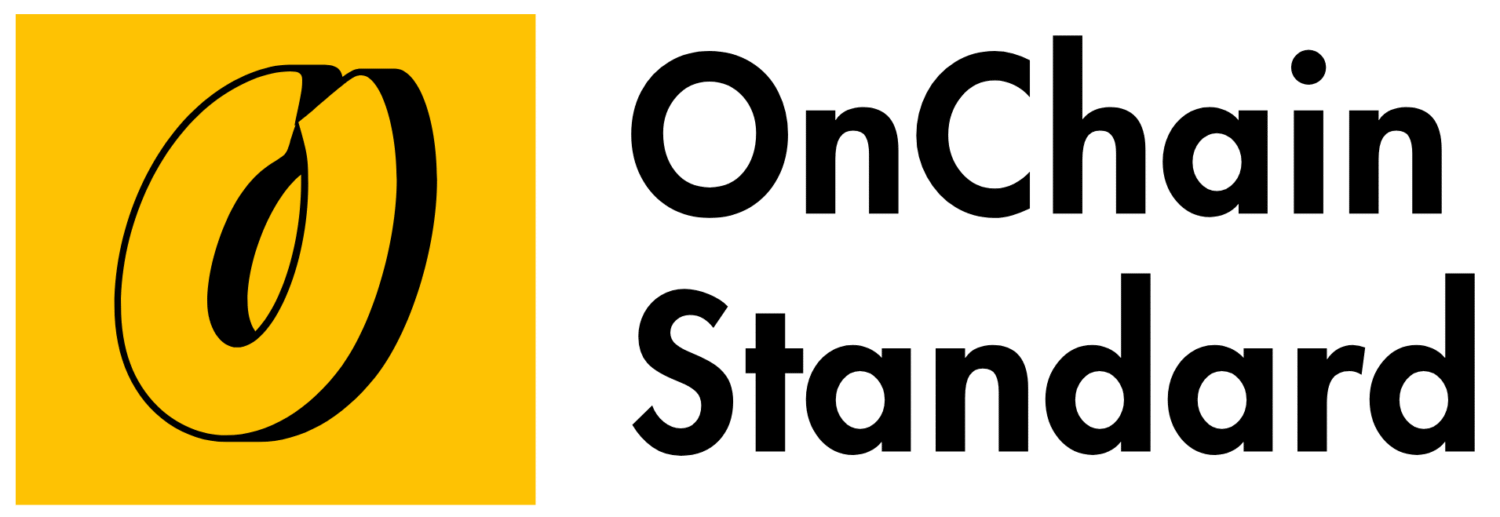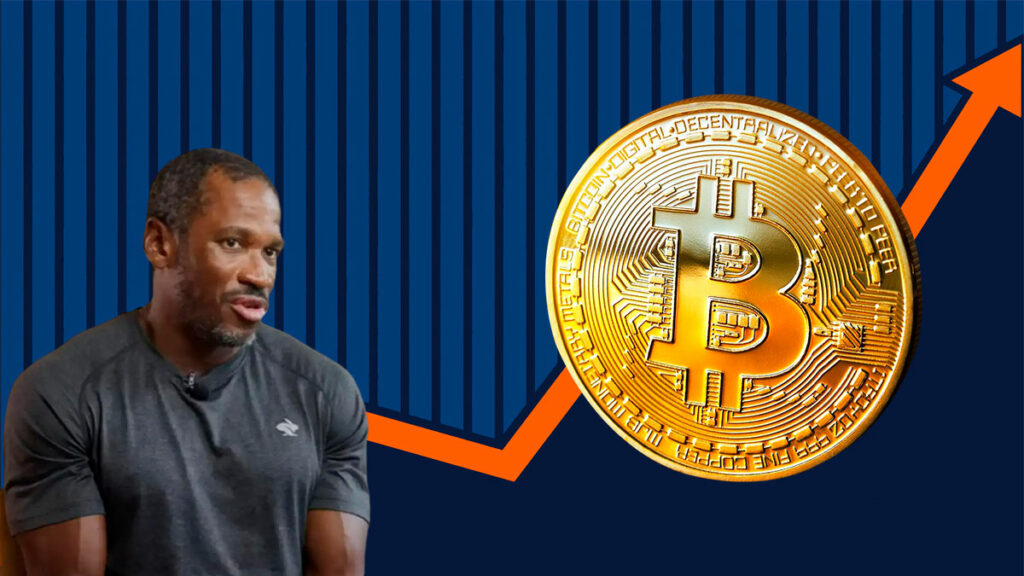Has the SEC Really Protected Investors? A Deep Dive into the Mango DAO Case and Its Implications
The U.S. Securities and Exchange Commission (SEC) is traditionally seen as the protector of investors. Created in 1934 to restore public confidence in capital markets after the Great Depression, its mission has been to maintain “fair, orderly, and efficient markets” while protecting investors from fraud. However, the SEC’s recent action against Mango DAO, Mango Labs LLC, and Blockworks Foundation raises a key question: Is the regulatory body doing more harm than good to crypto investors in this particular case?
In a historic settlement announced last Friday, the SEC charged the entities associated with the MNGO token with selling an unregistered security and offering unregistered broker services. As part of the settlement, Mango DAO and its affiliates must destroy their MNGO tokens, halt trading, and collectively pay $700,000. This settlement comes on the heels of Mango DAO voting to accept the settlement offer, a seemingly democratic process among token holders. However, this course of action has left investors—those the SEC is meant to protect—questioning whether the watchdog is genuinely safeguarding their interests or selectively targeting crypto projects without considering the broader impact on stakeholders.
A Troubled Token, a Troubled Market
MNGO tokens were first sold in August 2021, raising $70 million for Mango DAO and Blockworks Foundation. The project thrived until its decentralized exchange, Mango Markets, faced a massive $110 million drain in 2022 due to exploits by Avraham Eisenberg, who was later convicted of fraud and market manipulation. Since then, Mango Markets has been struggling to relaunch, and this SEC action only deepens the uncertainty around its future. The destruction of the MNGO tokens and cessation of trading could effectively wipe out any remaining value for token holders.
The SEC’s claim is clear: Mango DAO offered securities without the proper registrations. Yet, this raises several important points of contention for investors. MNGO token holders had already been participating in governance, even voting on the settlement itself. It seems ironic that a decentralized organization built around user participation and governance would now be neutered by regulatory actions that completely disregard the interests of those same participants.
Selective Enforcement: Is the SEC Picking on Crypto?
The crypto ecosystem in the United States has long felt under siege. While traditional financial institutions have clear frameworks to operate within, crypto projects often find themselves in a gray area. Despite the innovative potential of decentralized autonomous organizations (DAOs), the SEC appears fixated on treating them with the same regulatory lens used for traditional financial entities.
SEC Acting Crypto and Cyber Unit Chief Jorge Tenreiro stated, “The label ‘DAO’ does not change the reality of who is behind a project, what activities they engage in, or whether their activities need to be registered.” While this sentiment may carry weight in terms of enforcing U.S. securities laws, it largely ignores the nuances of decentralized finance (DeFi) and how these technologies operate outside traditional governance models.
The recent SEC settlement not only appears heavy-handed but also puts at risk the very people the SEC claims to protect. Investors who put their trust—and money—into the MNGO token may now be left with worthless assets. A core criticism against this action is that instead of creating a framework where DAOs can operate in compliance with U.S. regulations, the SEC is effectively strangling innovation by enforcing rules that were written for a pre-digital age. Such actions also deter potential future investors from participating in decentralized projects, casting a long shadow over the future of U.S.-based crypto innovations.
The Unintended Consequences of Overreach
Regulatory bodies like the SEC are essential in maintaining a level playing field in financial markets, yet their actions can sometimes create unintended consequences. In the case of Mango DAO, it’s becoming increasingly clear that the interests of investors were sidelined in favor of enforcing legal technicalities.
By forcing the destruction of MNGO tokens and halting trading, the SEC has severely damaged the economic potential of thousands of investors who relied on these tokens for governance rights and financial returns. The settlement agreement might bring some level of closure for the SEC, but it leaves the investors—those supposedly “protected”—with nothing but paper losses.
Mango DAO members had voted through their governance tokens on the SEC settlement and a previous settlement with the Commodity Futures Trading Commission (CFTC), showcasing the kind of self-regulation and decentralization that the crypto community advocates for. But the future of Mango without the MNGO token remains uncertain. How will it function without the asset that enabled community governance? The SEC’s response to this challenge: silence.
Crypto Needs Protection, But Is This the Way?
The SEC’s handling of the Mango DAO case is symptomatic of a broader problem facing crypto regulation in the United States. Rather than adopting a cooperative approach with innovators to build transparent rules, the SEC seems to be flexing its enforcement powers selectively, casting a chilling effect on the industry. DAOs, decentralized finance, and digital assets deserve a unique set of rules that recognize their potential to decentralize power, promote transparency, and offer new economic opportunities.
Yet, the heavy-handed actions taken against Mango DAO highlight an ongoing disconnect between the SEC’s regulatory framework and the rapidly evolving crypto landscape. This case is just one example of how U.S. regulators must tread more carefully, not to stifle innovation but to nurture it while safeguarding investor interests.
Conclusion: A Call for Balanced Regulation
While the SEC has a responsibility to enforce securities laws, the agency’s recent actions against Mango DAO have arguably harmed the very people it was meant to protect. Investors now face significant losses as the MNGO tokens they held have been destroyed, with little thought given to alternative solutions that might have preserved some value for these stakeholders.
As the U.S. grapples with how to regulate the burgeoning crypto ecosystem, this case serves as a stark reminder that regulatory bodies must take a balanced approach. Crypto projects deserve a clear regulatory framework that encourages innovation while providing investor protections—not the punitive and arguably selective enforcement actions that we’ve seen in the Mango DAO case.
If the U.S. wants to remain competitive in the global digital asset space, it must curb its selective atrocities against crypto, embrace a future-forward perspective, and create a more accommodating regulatory environment for emerging technologies. Only then can the SEC truly live up to its mission of protecting investors without stifling innovation.



